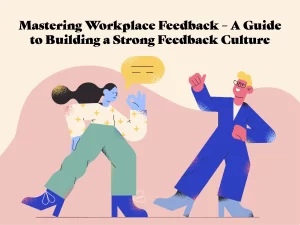Scroll to top
Who´s to blame? Breaking the habit of pointing fingers.
Do you know the feeling when you are supposed to do your tasks and something you need is just not there? What are your first reactions, at home or at work? It is very human to feel irritated and direct your thoughts towards others who have not placed the things where they should be, provided the information you need or something similar. However, how you act after these thoughts at work tells a great deal about your company’s culture.
Moving Away from Blame: Creating a Communication
In an open company culture, everyone feels they can raise an issue or improvement need without the fear it is taken personally or considered as an attack against person, team or organization. Everyone understands that raising an issue right away when it is identified improves the whole company’s performance and prevents bigger and more complex issues to develop. They trust that people are doing their best and know it is the process that is broken, not the people.
This isn´t the case yet in all companies. Companies with more siloed culture may still be emphasizing the boundaries between organizations and teams rather than focusing on value streams, developing the operations on department level rather than as end to end processes and allowing expertise to build on person, not on role level. Siloed company culture often means less communication between individuals from different teams and departments, ´us against them´ mentality instead of common agenda and blaming others for problems in daily work.
The key for more open company culture and saying bye bye to ´pointing fingers´ attitude is raising the awareness of how your end-to-end process works and how different roles are contributing to it. Understanding what other specialists do and how one’s own work is supporting them builds the sense of belonging and improves commitment to develop the operations together. Cultural change towards openness requires new kinds of communication skills. Strong attention to communication should be paid especially if the issues have been cumulating over a long period.
We are passionate about helping companies to achieve more. Thus, facilitating process development, as well as coaching interaction and leadership skills are at the heart what we do. This is the first blog in a series of blogposts on facilitation and coaching in process development context. Stay tuned for more and let us know what topics you would like to hear about in the coming blogposts.





